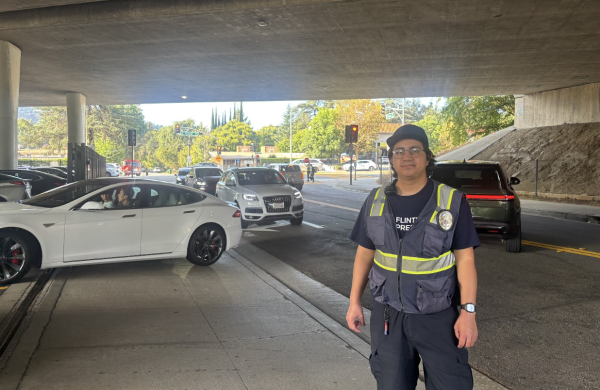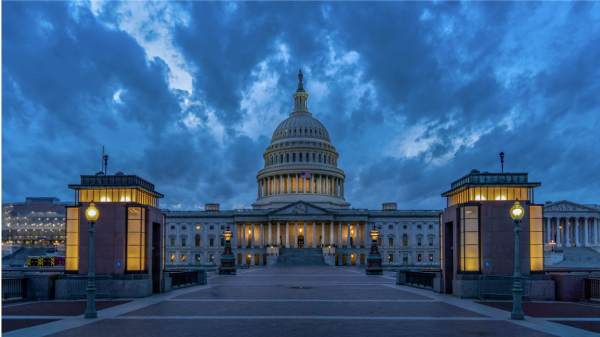Sub vs. Dub: The Divide In Entertainment
With the recent uptick in the release of foreign media, such as the Korean series Squid Game, the film Parasite, and the surging popularity of Japanese anime, a raging debate has circled around which version is better… “subbed” or “dubbed.”
Subbed entertainment refers to the original version of a piece of media, which is told in the original language accompanied with subtitles for translation. Dubbed entertainment refers to a version of a piece of media which is modified to fit the broadcasting language, and then translated in a specific language of a country with new voice actors. Both sub and dub come with their own advantages and disadvantages. What are the pros and cons of each in the entertainment industry, and which version do you favor?
SUB
When watching in Sub, a person is watching in the original language and dialogue. Therefore, it is usually more faithful to the director/creator’s vision. Sub provides a more authentic perspective of the original show’s culture and themes. The original studios usually have a higher budget and are able to cast higher quality actors for their projects as opposed to foreign dubbing studios. One critique is that people feel that they are spending too much time reading the subtitles and not enough time watching the show. Subtitles are often condensed to fit the screen time which can lead to important details being lost in translation. Not everyone can process subtitles quickly and the focus can be challenging.
DUB
If a picture is worth 1,000 words, then watching in Dub allows more of the art of visual storytelling. Dub acting performances can provide a new and unique take on an already beloved story. Dubs are also very important to the film industry in their own right, as there are some viewers who may have disabilities or disadvantages such as blindness, ADHD, or Dyslexia which prevent them from fully experiencing and enjoying the media in its original subbed form. However, it is also important to acknowledge that the process for recording Dubs is very difficult because not only do the directors need to find specific voice actors who can fit the characters that were already created, but they also need to do solo sessions which usually involves recording lines with a time limit in order to match the lip sync of the original characters. With the timing involved, it can be more difficult for voice actors to provide a more authentic performance and make experiencing the media feel more genuine.
Personally, I prefer subbed versions because they are more faithful to the original story, dialogue, and culture. However, I also think that we should not discredit the work that dub voice actors put into their roles. Regardless of what original language the story is told in, the actors and people behind the filming process pour their heart and soul into these stories and characters that people resonate with, and I do not think it is fair when dub performances are always reduced to being considered inferior to the original purely out of comparison. Most of the time the quality of the performances depends on the casting. Whether it is sub or dub, we all find connection through these amazing stories.
Grade: 10
Years on Staff: 1
Why are you writing for the Flintridge Press?
I love being able to write and share news about our wonderful community....






